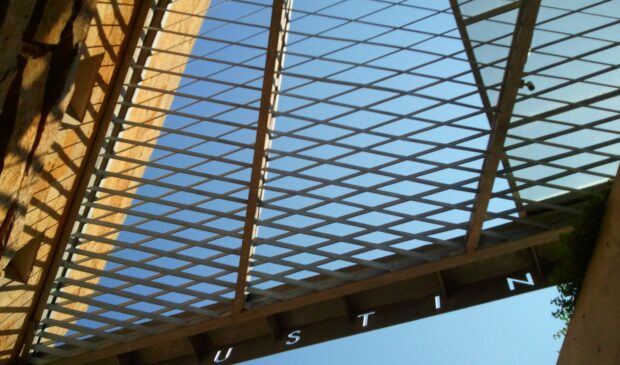EDC seeks financial consultants to kickstart deal-making using city assets
Monday, May 13, 2024 by
Chad Swiatecki With the Austin Economic Development Corporation still lacking control over substantial revenue-producing city assets, the organization has issued a request for proposals for consultants to advise on how to start putting its bonding authority and other financial tools to use.
The RFP, which was issued May 1 and has a May 31 deadline for responses, calls for a seven-phase scope of work to be completed by next February, with major components including analyzing the EDC’s financial and program objectives, analyzing the market for potential investors, creating a five- to 10-year financial pro forma and helping the board of directors select the best course of action.
Created in 2020 after years of consideration, the EDC was intended to be a nimble entity that could conduct deals using city assets and generated revenue in service of achieving goals such as affordable housing, creation and preservation of creative spaces, and creating resources related to child care access.
Thus far, the EDC has taken on management of some small real estate assets connected to the city’s cultural trust. The four assets identified in a 2022 resolution as intended to be conveyed for redevelopment – One Texas Center, the former City Hall property on Eighth Street, 3002 Guadalupe St. and 411 Chicon St. – are under city control.
David Colligan, chief operating officer of the EDC, said that without ownership of those or other major properties, it can’t issue bonds to pursue other projects for community benefit, much the way similar EDCs in Atlanta and New York City have done. The findings from the consultant solicitation are intended to create some movement on the property acquisition front and also analyze the EDC’s role now that the tax increment reinvestment zone for the South Central Waterfront District, which the EDC was designated to manage, has been sidelined by court decisions.
“When you look at certain lines of federal funding or federal programs, ownership of a property becomes important because (without ownership) you can’t leverage those public programs for public property. By conveying property over to an EDC, you stand a stronger chance to open up those projects once we start developing them through additional lines of revenue,” he said. “The cultural trust was never intended to generate revenue for the organization such that the organization would be sustainable from revenues coming from the cultural trust. That’s just not working with these smaller deals with smaller venues. We didn’t see a way of generating heavy enough revenue for the organization to be able to operate.”
While the solicitation moves forward, with a kickoff for the selected vendor expected by late June, the EDC is also monitoring the selection process between two proposals vying to handle the redevelopment of Blocks 16 and 18 on East 11th Street. Colligan said he hopes forthcoming conversations with new City Manager T.C. Broadnax will help other city leaders to work with the EDC in taking advantage of its flexibility and wide-reaching mission.
With the organization created as a 501(c)3, it has the ability to take on philanthropic giving as well as investors while managing city assets, making it something of a hybrid that Colligan and other leaders hope can begin to conduct more deals in the near future to produce operational revenue and address community needs.
In the near term, securing partnerships with area foundations is a priority, which Colligan said could open the door for funding from major national organizations that align with the EDC’s goals.
“We first need to show a local foundation and presence for fundraising and donations and philanthropic contributions. So it’s like taking steps to get to those large players. And that’s what’s already creating those relationships with the large players,” he said, noting the EDC surpassed its fundraising goal for 2023 and is on track to do so again this year. “We are going to need some solid traction and momentum. We really want to be able to focus on those national philanthropic contributors that can help us to, again, leverage those public networks.”
Photo made available through a Creative Commons license.
The Austin Monitor’s work is made possible by donations from the community. Though our reporting covers donors from time to time, we are careful to keep business and editorial efforts separate while maintaining transparency. A complete list of donors is available here, and our code of ethics is explained here.
You're a community leader
And we’re honored you look to us for serious, in-depth news. You know a strong community needs local and dedicated watchdog reporting. We’re here for you and that won’t change. Now will you take the powerful next step and support our nonprofit news organization?



